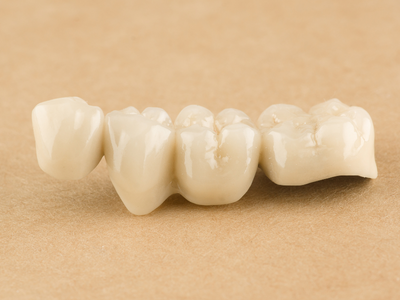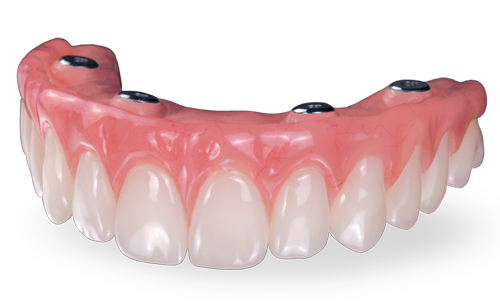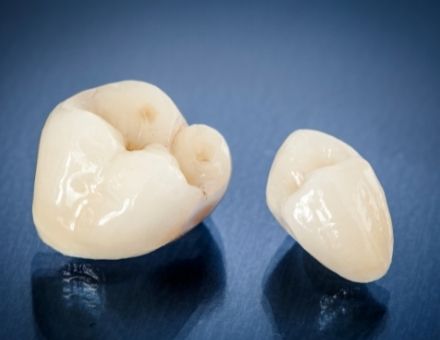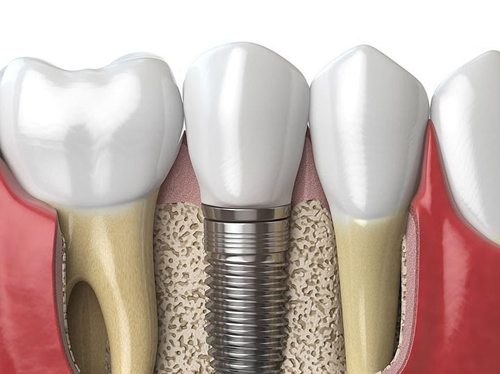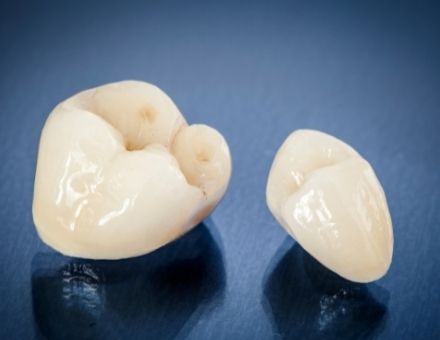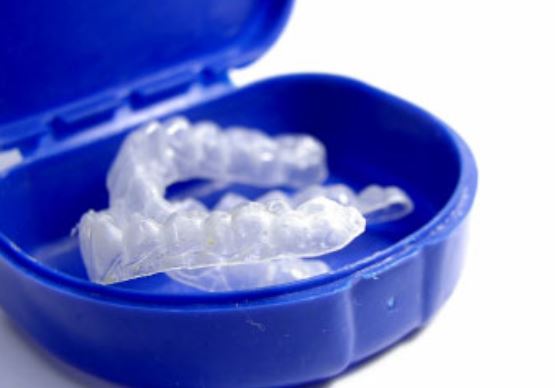I’m recovering from bulimia and trying to save my teeth. Will I need crowns on all teeth to save them? I’ve seen four cosmetic dentists with good reputations in the state to see which one is the best dentist for a smile makeover. Two of the four dentists recommended porcelain crowns for a smile makeover because several of my teeth are severely decayed. They basically said that the crowns could correct my bite and give me a good-looking smile.
The decay is severe in 11 of my teeth; 3 more have limited decay, and my remaining teeth don’t need major work. Their recommendation surprised me, and I wonder if I should let them grind down all my teeth when most don’t need aggressive action. I’m beginning to regret seeing so many dentists because it was the last two dentists who recommended crowns. Or maybe I shouldn’t have told each dentist what the other one said. I’m confused.
I also get nervous at the dentist, so I chose dentists who were willing to do sedation. Are the first two dentists I saw too conservative, or are the last two dentists too aggressive? Should I start all over and schedule consultations with dentists, maybe in another state? Thanks, Sole from GA
Sole
It’s good to know you’re recovering from bulimia nervosa and concerned about your smile. Although one of our dentists would need to see you in person to examine your teeth and review your x-rays and dental history, the recommendations you received from the last two dentists concern us.
Conservative treatment is a priority for advanced, ethical cosmetic dentists. They want to preserve as much healthy tooth structure as possible. If you’re uncomfortable with aggressive treatment, a cosmetic dentist concerned about you as a patient certainly wouldn’t recommend it.
Do You Need Crowns On All Your Teeth After Bulimia Recovery?
Whether a dentist needs to place crowns on all your teeth to preserve them or limit dental problems as you recover from bulimia depends on the condition of your teeth. If you sense that the last two dentists are more interested in selling you crowns than giving you a smile makeover that helps you feel good about recovering from bulimia, choose another dentist. A conservative cosmetic dentist will recommend treatment that increases your confidence about your smile—not options that increase worry about your teeth.
A full-mouth reconstruction with crowns on all teeth is sometimes required, though. Common reasons include:
- Many missing teeth and jawbone resorption that make your face sag
- Severe, painful issues with your bite
- Most of your teeth are severely decayed or broken
How to Decide on Treatment
We recommend you return to either of the first two cosmetic dentists offering conservative treatment. Without telling them about the recommendations from the last two dentists, ask about the pros and cons of dental crowns for all your teeth. Each of the first two cosmetic dentists will explain their recommendation and the disadvantages of crowns on all your teeth.
Depending on the extent of damage to your teeth from bulimia, the recommendation for your smile makeover might include a combination of treatments: orthodontic treatment, porcelain veneers, dental implants, cosmetic bonding, or dental crowns.
It is good that you recognize your sedation needs. Even patients without dental anxiety have better dental experiences with sedation when they need extensive dental work.
You stated that seeing four dentists might have confused your decision. If you want to return to each of the first two dentists you saw, hearing them confirm treatment recommendations might give you more confidence.
We wish you continued success in your recovery from bulimia and a smile makeover that will further improve your quality of life.
Plano, Texas, female dentist Dr. Miranda Lacy sponsors this post.
